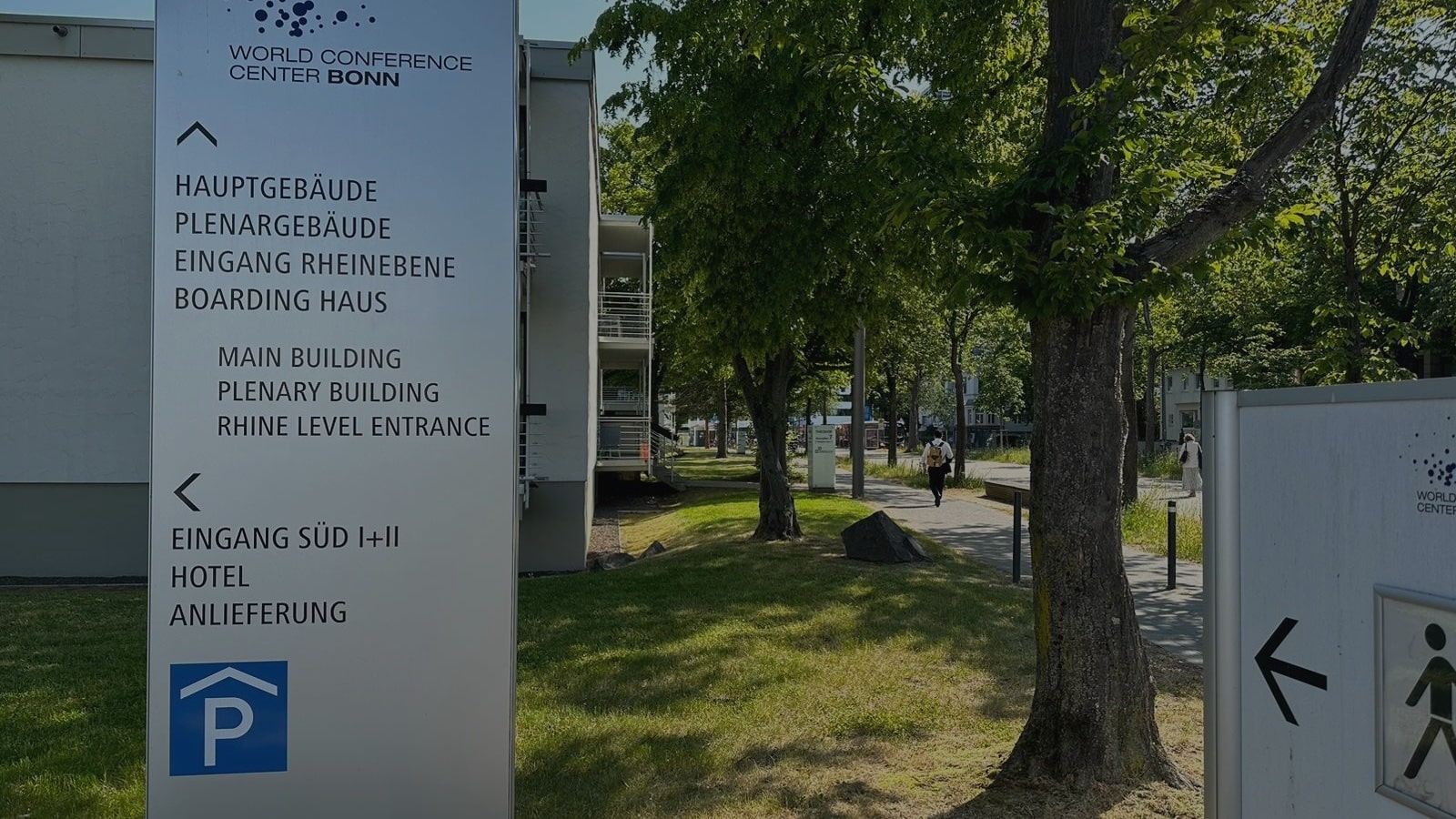After 10 days of intense discussions, the UN climate talks in Bonn closed yesterday, leaving much to be desired in terms of progress. The envoys worked tirelessly to agree on an agenda, finally reaching an agreement on the penultimate day of the meeting. However, the lack of substantial advancements in the face of ongoing climate crises is concerning.
With Canada battling devastating wildfires, parts of Europe facing severe drought, Japan preparing for an intense typhoon season, and millions in the Horn of Africa suffering from failed rains, the urgency for action is more evident than ever. Unfortunately, the Bonn talks fell short of addressing these pressing issues effectively.
The UN Secretary-General Antonio Guterres express his frustration with the slow progress and admonish countries that have been resistant to meaningful action.
The problem is not simply fossil fuel emissions. It’s #fossilfuels – period. The solution is clear: Countries must progressively phase them out and massively boost #renewable investment ~ UN SG Antonio Guterres
One of the main areas of contention in Bonn was the agenda itself. The European Union eventually backed down, yielding to protests from major oil-producing nations in the Like Minded Developed Countries group (LMDC). Consequently, the proposed agenda item on emission cuts was removed, replaced by an “informal note” for future talks. While emission cuts are not completely off the table, their relegation raises concerns about the effectiveness of COP28’s promised “course correction” toward a sustainable planet.
The COP28 presidency, represented by its leader, made vague references to an inevitable phase-down of fossil fuels without providing specific targets, deadlines, or a comprehensive plan. This lack of leadership on a global scale exacerbates the challenges faced in 2023, leaving a leadership vacuum that needs to be filled urgently.
Another disappointing aspect of the Bonn talks was the absence of new financial commitments. This places immense pressure on the upcoming Paris finance summit, hosted by French President Emmanuel Macron. Doubts persist regarding the fulfillment of the $100 billion promise made by wealthy nations in 2009, leading to paralysis in crucial areas of the climate agenda such as loss and damage, adaptation, and mitigation. Only 10 out of 26 wealthy countries have met their adaptation finance targets, emphasizing the need for financial support if COP28 is to achieve meaningful outcomes.
With 5,647 delegates in attendance, the Bonn climate meeting saw various affiliations and interests at play, particularly from oil and gas representatives. This underscores the need for scrutiny and transparency to ensure the integrity of the discussions and decisions made at climate talks.
One glimmer of hope amidst the disappointment was the UN’s two-year Global Stocktake (GST) on global climate efforts. Although countries initially agreed on the report’s subheads, framing issues related to finance and support remained unresolved, postponing the final structure and political outcome until COP28. This delay does not bode well for the much-anticipated “Dubai deal.”
In the meantime, global markets witnessed shifts as Shell, one of the major oil companies, reversed its plans to cut oil production annually. Campaigners in Bonn expressed concern over the COP28 Presidency’s plans for an oil and gas climate alliance, given the limited ambition displayed by industry leaders.
Two significant scientific reports are worth reflecting on: the IPCC’s warning of unprecedented warming rates at 0.2°C per decade and the likelihood of surpassing the 1.5°C limit by 2034, along with Climate Analytics’ calculation that fossil fuel production must decrease by 6% annually by 2030 to meet the 1.5°C target. These reports underscore the urgency of transitioning to renewable energy and highlight the need for significant investments in wind and solar power.





